9 GPTs for Chat Automation Powered by AI for Free of 2026
AI GPTs for Chat Automation refer to the use of Generative Pre-trained Transformers in developing automated chat solutions. These tools leverage advanced AI to simulate human-like interactions, making them particularly useful for engaging with users, handling inquiries, and providing assistance across various platforms. By utilizing the power of GPTs, these tools are tailored to offer conversational experiences that can range from simple scripted responses to complex, context-aware dialogue, serving a broad spectrum of chat automation needs.
Top 9 GPTs for Chat Automation are: 카카오톡봇 소스 제작기,LangChain Framework GPT,[R2D2] Django GPT,Prompt Engineer V2,GPT Builder JSON/Mode,Customer Service AI,Open GPT Specification,PIA Designer,SPEEDCELL
카카오톡봇 소스 제작기
Automate and personalize your KakaoTalk interactions
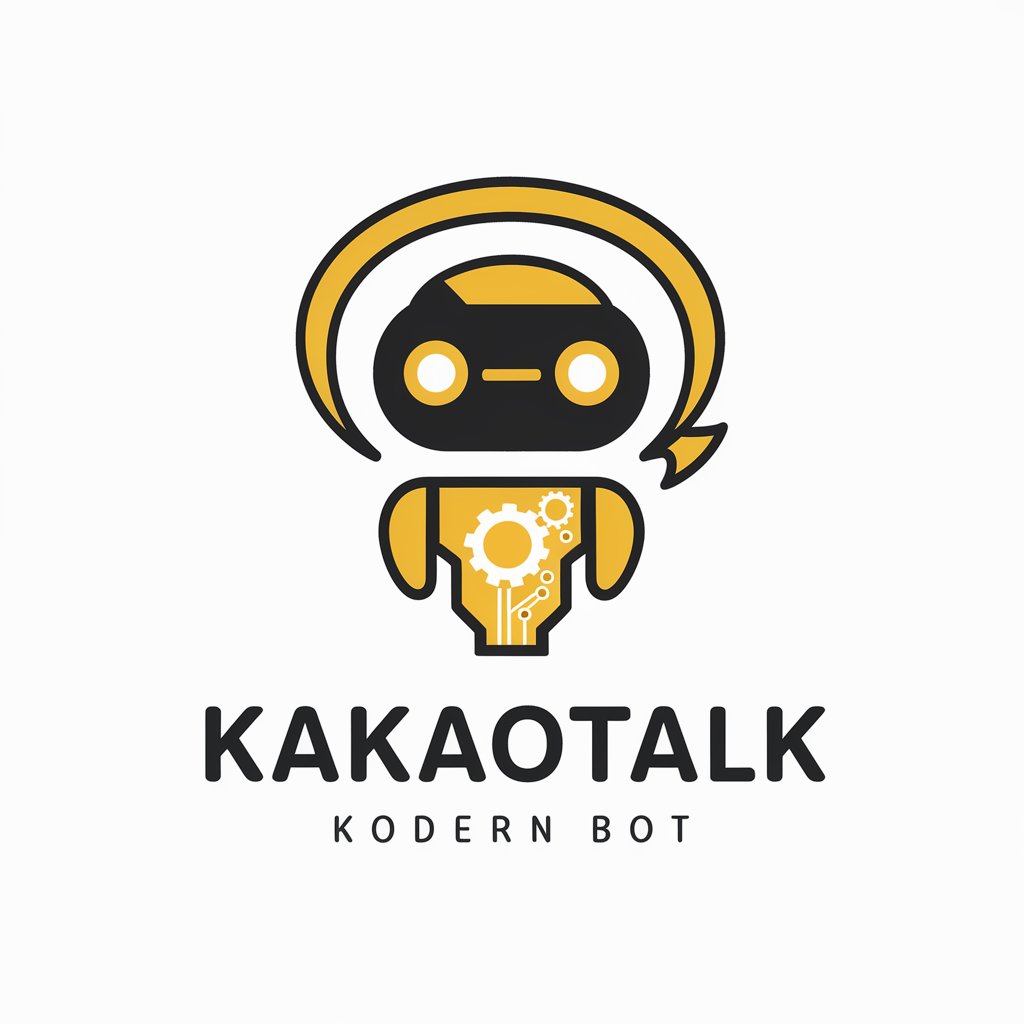
LangChain Framework GPT
Streamlining AI Interactions
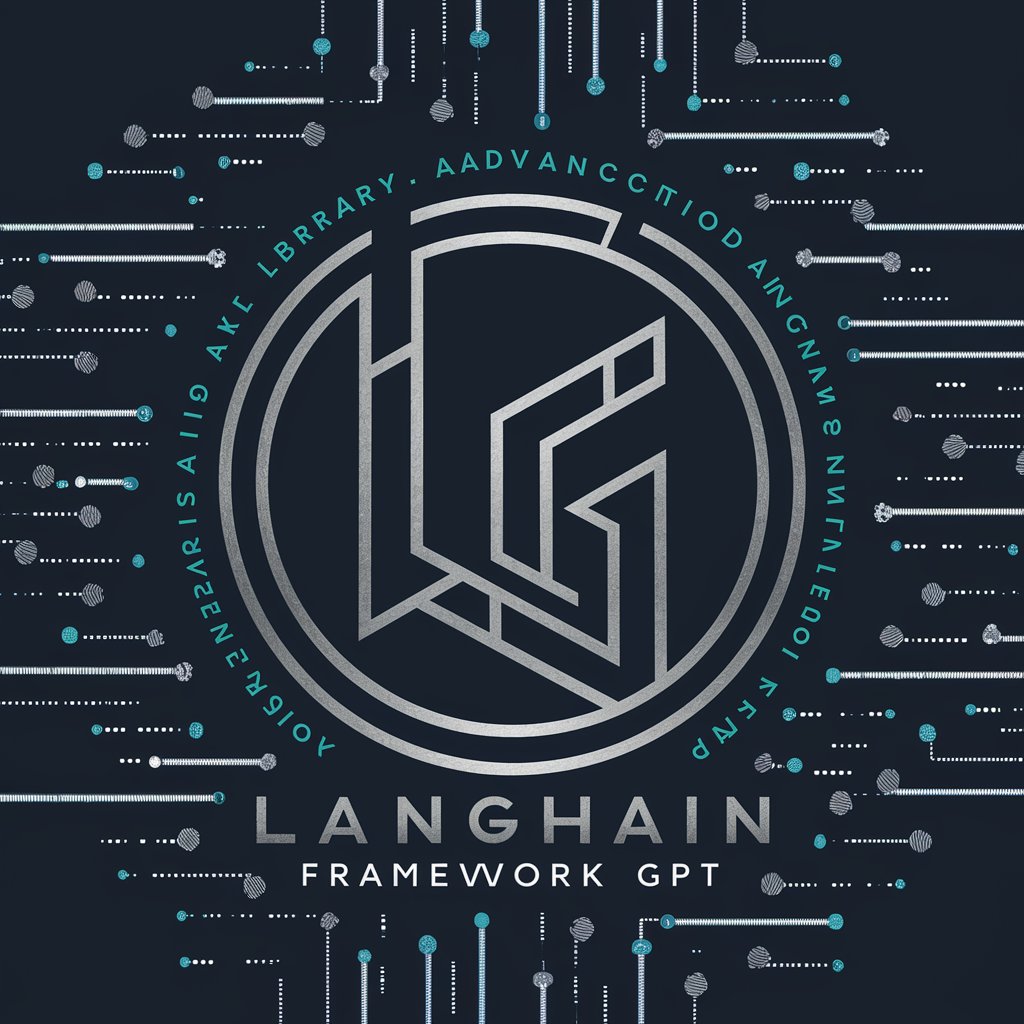
[R2D2] Django GPT
Empower Your Django Apps with AI
![[R2D2] Django GPT in GPT Store](https://r2.erweima.ai/i/_EZl_prBT3W-s5asx--6zQ.png)
Prompt Engineer V2
Crafting AI Prompts with Precision
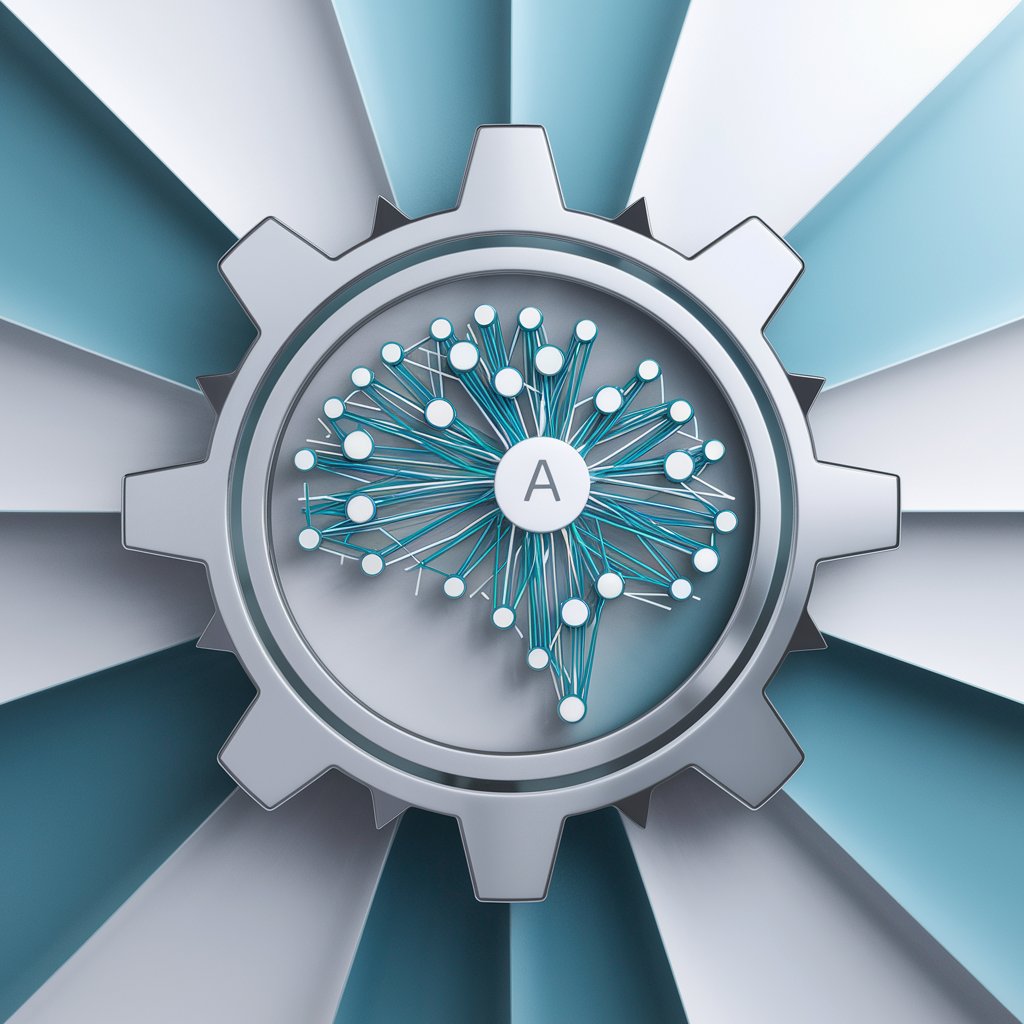
GPT Builder JSON/Mode
Tailor Your AI, Enhance Your Tools
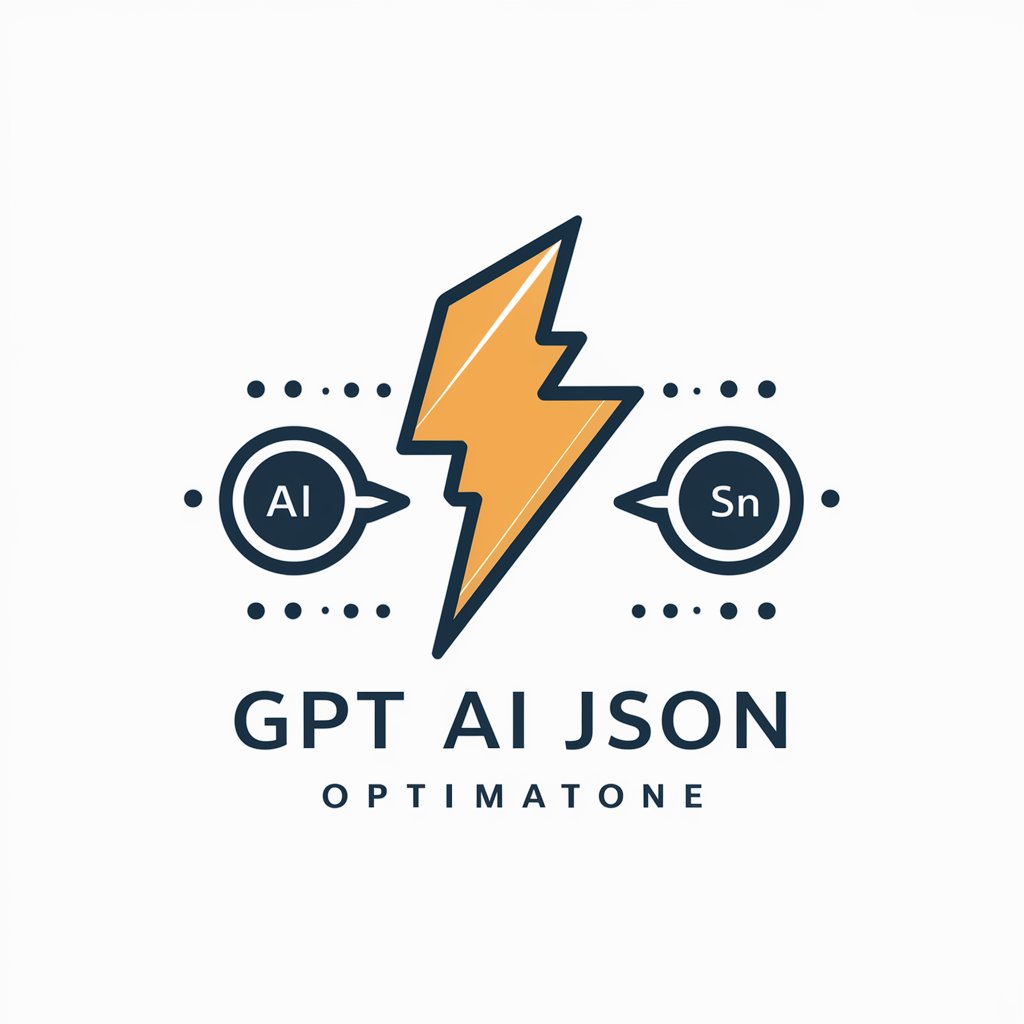
Customer Service AI
Empowering support with AI intelligence
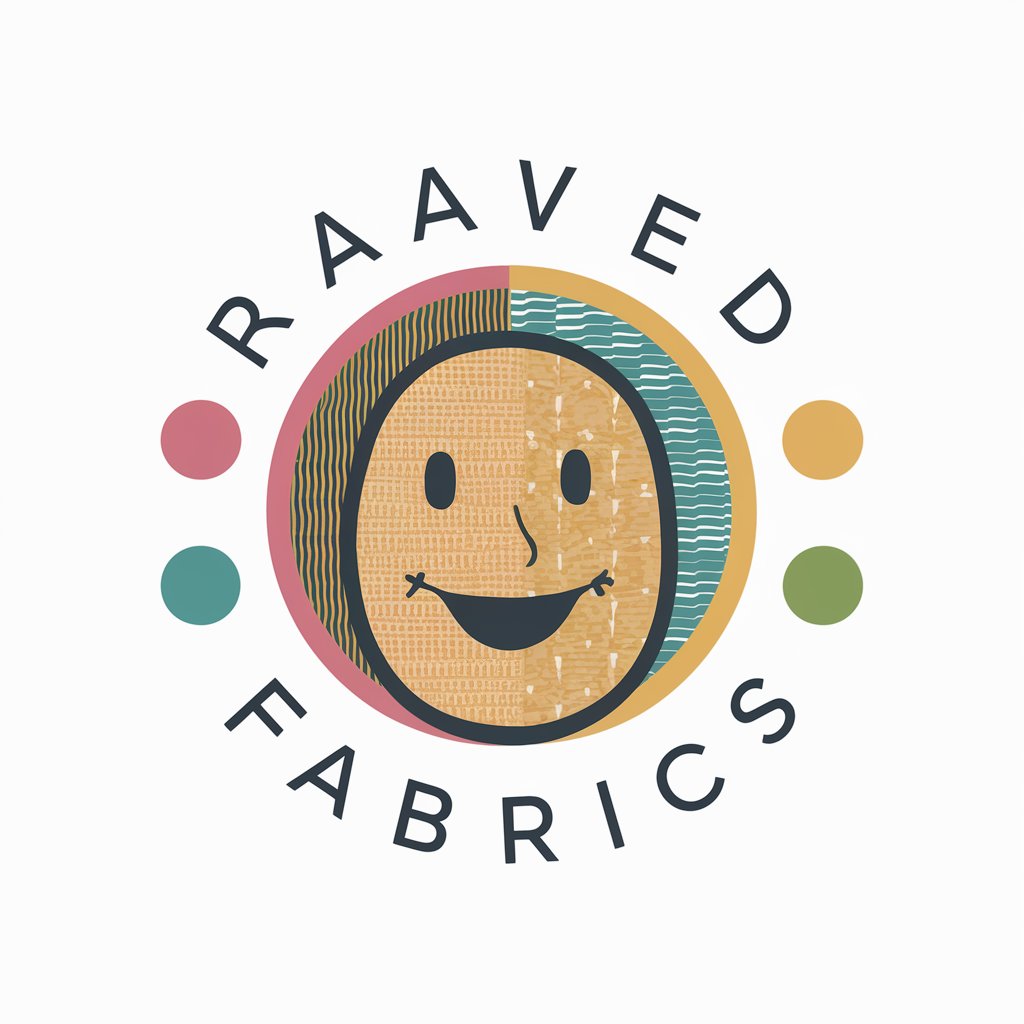
Open GPT Specification
Streamline AI with standardized integration
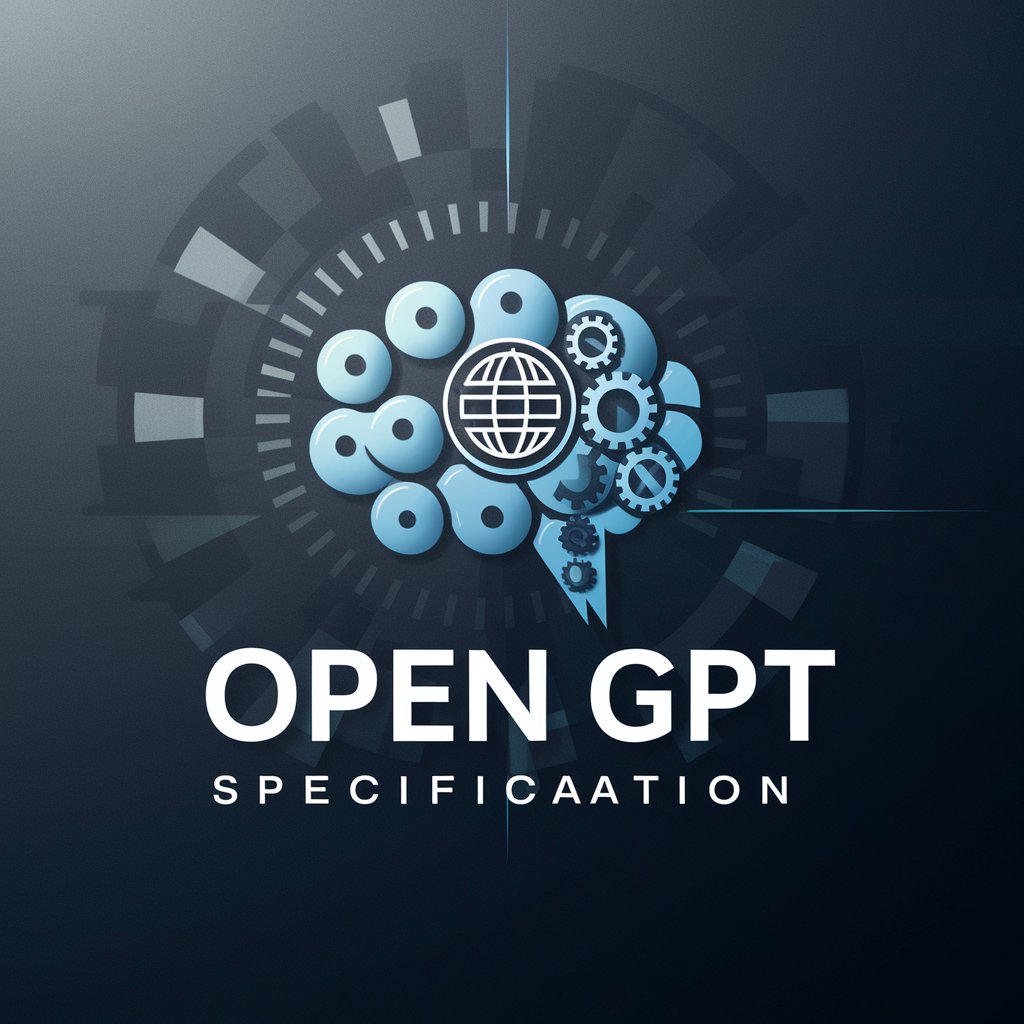
PIA Designer
Design smarter, automated conversations.
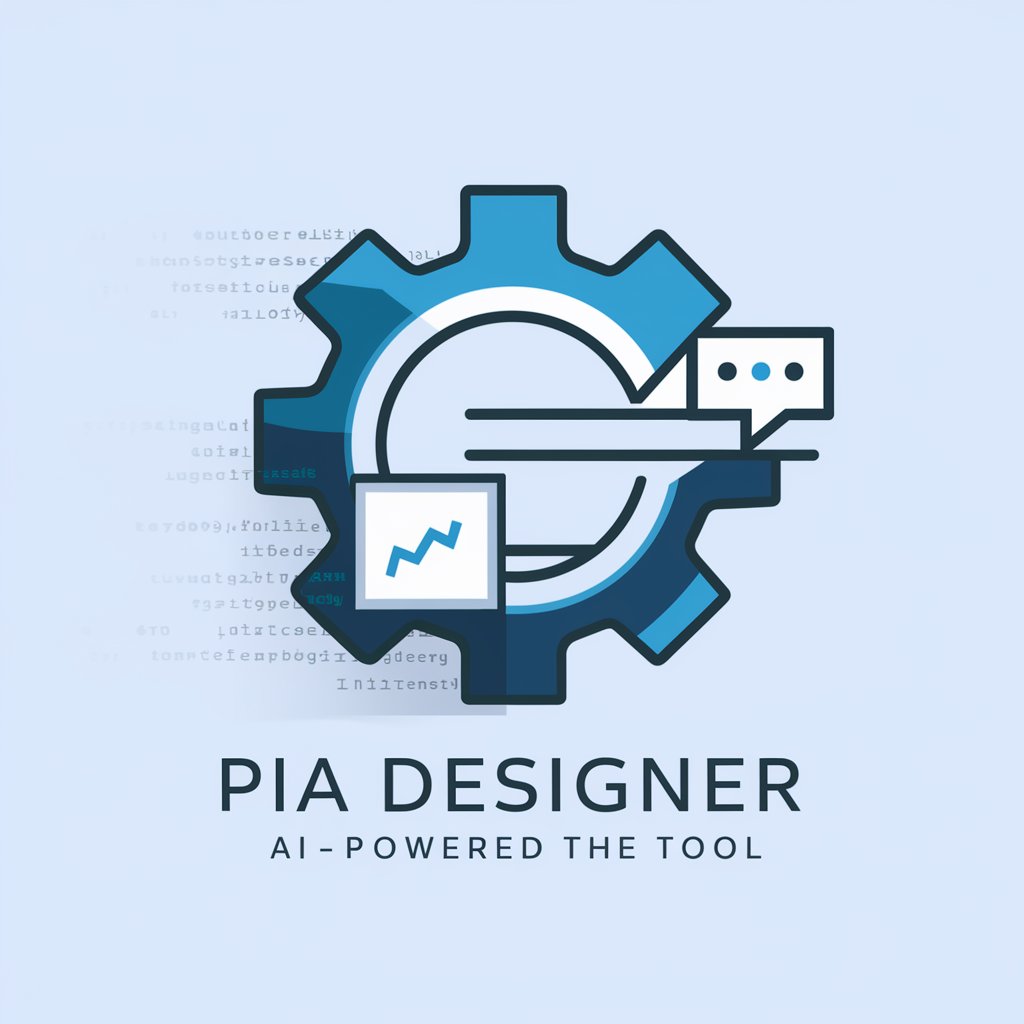
SPEEDCELL
Empower Your Content with AI
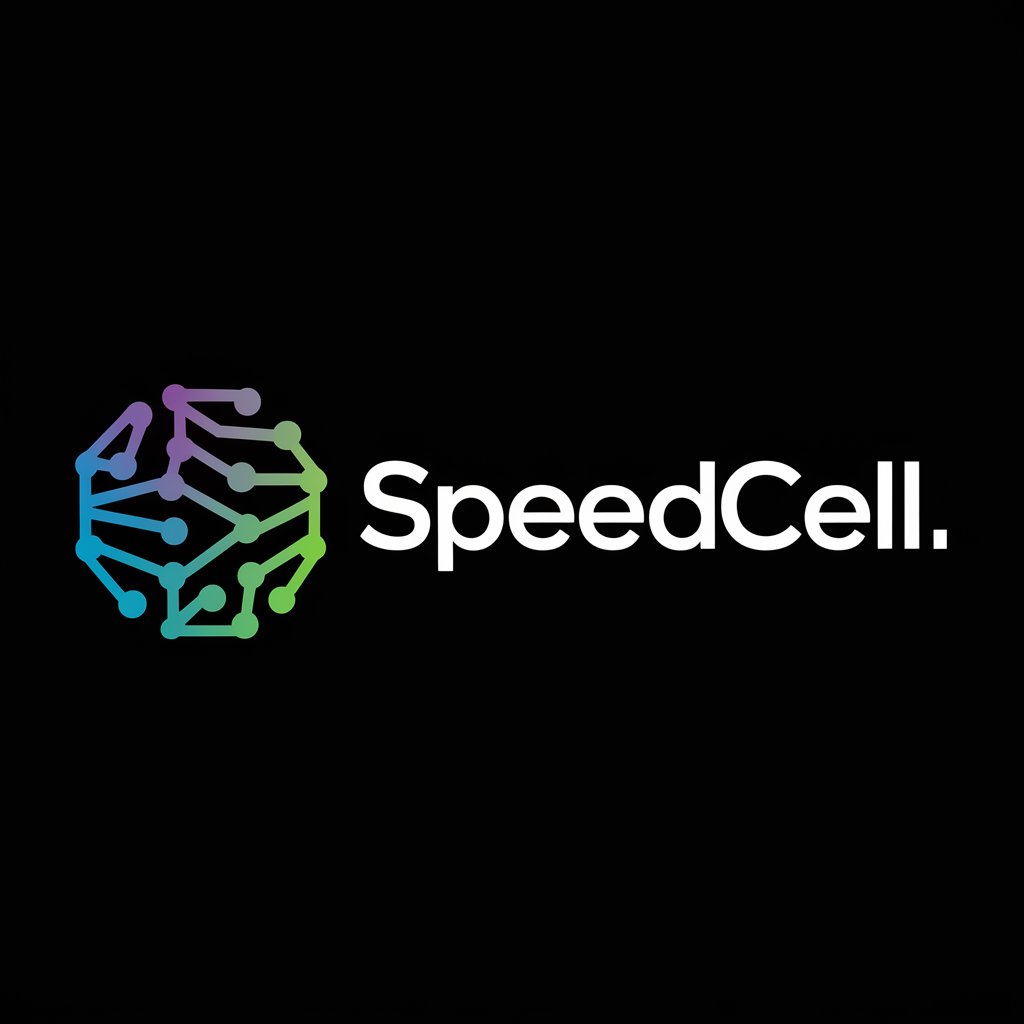
Key Attributes of AI GPTs in Chat Automation
AI GPTs for Chat Automation are distinguished by their adaptability, allowing for a wide range of functionalities, from answering FAQs to conducting sophisticated conversations based on the user's input. Key features include natural language understanding, context retention over the course of a conversation, multi-language support, and the ability to integrate with various messaging platforms. These tools also excel in learning from interactions to improve their responses, and can incorporate capabilities like web searching, image creation, and data analysis to enhance the chat experience.
Who Benefits from Chat Automation GPTs
The primary users of AI GPTs for Chat Automation include novices seeking to implement basic chat functions, developers aiming to build advanced conversational agents, and professionals in customer service, marketing, and IT support. These tools are accessible to users without programming knowledge, offering easy-to-use interfaces, while also providing extensive customization options for those with technical skills, making them versatile for various applications.
Try Our other AI GPTs tools for Free
Crime Statistics
Explore AI GPTs for Crime Statistics: cutting-edge tools designed for analyzing criminal data, offering insights for effective crime prevention and response strategies.
Police Research
Discover how AI GPTs for Police Research are transforming law enforcement with data-driven insights, enhancing decision-making, and paving the way for innovative policing strategies.
Government Employment
Discover how AI GPTs transform government employment with advanced analytics, streamlined processes, and customized solutions for the public sector.
Grant Finding
Discover how AI GPTs for Grant Finding can revolutionize your search for funding with advanced search algorithms, proposal drafting, and strategic insights.
Veterinary Education
Discover how AI GPTs are revolutionizing Veterinary Education, providing tailored learning solutions and support for students and professionals alike.
Pharmacology Research
Discover how AI GPTs are revolutionizing Pharmacology Research, enhancing drug discovery, and research capabilities with advanced machine learning algorithms.
Expanding Horizons with Chat Automation
AI GPTs for Chat Automation are not just about answering queries; they're about creating a more engaging, efficient, and personalized user experience. With their ability to integrate seamlessly into existing workflows and systems, these tools are transforming customer service, sales, and marketing strategies, offering insights into user behavior and opening up new avenues for automation and personalization.
Frequently Asked Questions
What exactly are AI GPTs for Chat Automation?
AI GPTs for Chat Automation are artificial intelligence tools designed to automate chat conversations, using natural language processing to understand and respond to user queries in a human-like manner.
How do these tools learn and improve over time?
They utilize machine learning algorithms to analyze interactions and feedback, continuously refining their responses and understanding of language nuances.
Can these tools be integrated with any chat platform?
Yes, many GPTs for Chat Automation are designed to be platform-agnostic, allowing for integration with popular messaging apps, social media platforms, and proprietary chat systems.
Are there customization options for non-technical users?
Absolutely, many tools offer user-friendly interfaces with drag-and-drop functionalities and pre-built templates, enabling non-technical users to customize their chatbots.
How do these tools handle multiple languages?
AI GPTs are capable of supporting multiple languages, allowing businesses to serve a global audience by understanding and responding in the user's preferred language.
Can I use AI GPTs for technical support automation?
Yes, these tools are well-suited for automating technical support, offering precise, context-aware responses to technical inquiries, and guiding users through troubleshooting processes.
Is there a way to measure the performance of chat automation tools?
Many AI GPTs come with analytics and reporting features that track performance metrics such as user satisfaction, resolution time, and conversation outcomes, enabling continuous improvement.
What kind of security measures do these tools have?
Security is a top priority, with measures including data encryption, GDPR compliance, and user authentication to protect both the business and user information.